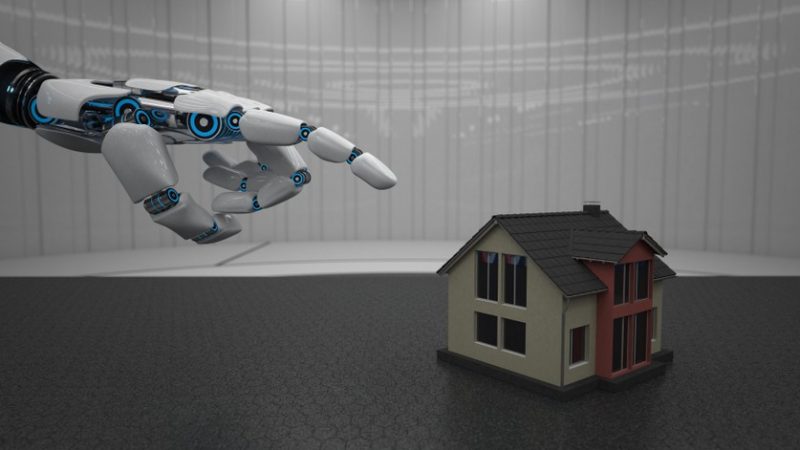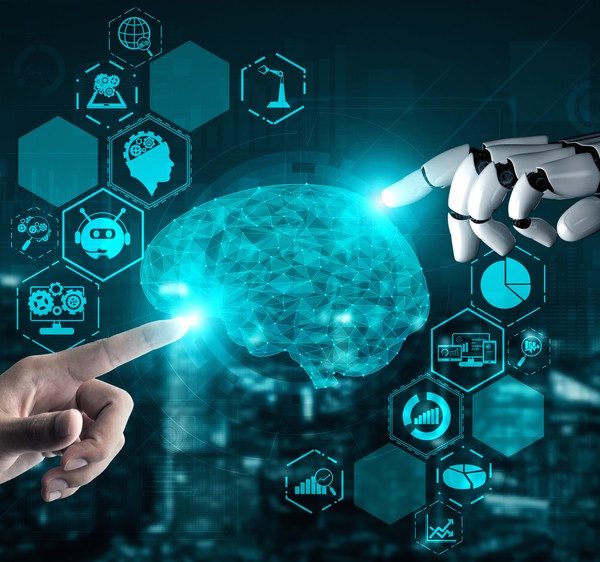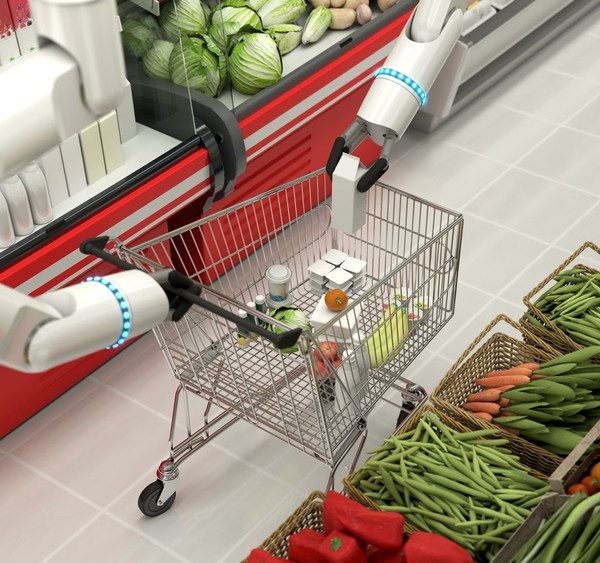
Artificial Intelligence in Waste Management
In today’s tech-driven world, the role of artificial intelligence (AI) in various industries has become crucial. Waste management is no exception. The integration of AI in waste management has paved the way for a more efficient and sustainable future.
Understanding Waste Production and Consumption Patterns
AI plays a critical role in understanding the patterns of waste production and consumption. This data allows waste management companies to develop better plans for managing waste. By analyzing when and where people are throwing away trash, waste management trucks can be optimized to pick up garbage at the most opportune times and places.
Identifying Areas to Reduce Waste and Optimize Disposal Strategies
Moreover, AI helps identify areas where waste can be reduced and disposal strategies can be changed. By collecting data on waste production patterns, waste management companies can determine where improvements can be made, reducing the overall amount of waste produced.
Predicting Future Waste Production
AI technology can also predict future waste production levels, making planning more efficient. After major events such as festivals, AI can be used to predict how much waste will be produced, ensuring that there are enough resources on hand to handle the increased volume of trash.
Advancements in Robotics for Waste Collection and Recycling
Another way AI is changing the waste management industry is through advancements in robotics. Robotics technology can be used for waste collection and sorting. AI-powered robots can pick up, sort, and recycle waste materials, increasing efficiency and reducing human error.
Reducing Environmental Impact
The integration of AI in waste management is also reducing environmental impact. AI helps minimize landfill waste, promotes recycling, and decreases the use of non-renewable resources. AI is also helping to improve air and water quality by reducing the number of waste management vehicles on the ro Revolutionizing Waste Management with Artificial Intelligence.
Waste management is a global problem that affects the environment and society. In developing countries, waste disposal is a significant challenge due to limited resources and infrastructure. Garbage accumulates in landfills, polluting the air and water. Fortunately, artificial intelligence can offer solutions to these problems.
Better Planning and Disposal Strategies
Artificial intelligence provides developing countries with access to better planning and disposal strategies. With AI-powered technology, limited resources can be utilized efficiently, reducing the amount of garbage that ends up in landfills. AI also enables us to understand waste production patterns and develop more effective disposal strategies.
Winnow Solutions, a London-based startup, is a great example of how AI can reduce waste in food kitchens. Their system uses machine learning algorithms to identify the weight and type of food thrown away. This information creates a more accurate inventory of the food kitchen, reducing food waste each day.
Efficient Route Planning
Efficient route planning is essential for waste management companies to collect trash from homes and businesses. AI helps companies develop detailed maps of the areas they serve to find the best routes for their trucks. This can reduce travel time, fuel costs, and emissions.
AI also enables waste management companies to generate route plans automatically. This is especially useful during holidays or events when there are a lot of changes to the pick-up schedule. AI can also consider traffic and weather conditions instantly, optimizing the routes every day.
Better Recycling Facilities: How AI Can Improve Waste Management
As the world moves towards a more sustainable future, recycling is becoming increasingly important. However, the traditional sorting and recycling process is slow, inefficient, and often results in recyclable materials being discarded. This is where artificial intelligence (AI) can play a vital role.
Advanced Sorting Algorithms
With AI, we can develop advanced sorting algorithms that can identify and separate different types of recyclable material accurately. This would speed up the recycling process and reduce the amount of recyclable material discarded each year. AI can analyze and learn from large amounts of data to identify patterns that humans may miss. With this knowledge, AI can continuously improve sorting algorithms to achieve better results.
Innovative Ways to Recycle
Artificial intelligence can also help to identify new and innovative ways to recycle materials. For example, companies are using AI and robotics to recycle carbon fiber, which is currently challenging to recycle. By automating the process, AI can make it more efficient and cost-effective.
Sustainable Workflow Management
Workflow management is crucial in waste management to ensure that all related functions are taken care of. Companies can use AI to develop detailed models of each step in the waste management process. AI can optimize the waste collection schedule to minimize the time that garbage is left on the street. Additionally, AI can monitor the progress of each task and identify potential bottlenecks to ensure that the waste management process is as efficient as possible.
Improving Waste Management with AI
The use of AI in waste management can help to improve recycling rates and reduce the amount of waste that ends up in landfills. By optimizing the sorting process, AI can reduce the cost and time needed to recycle materials. Moreover, AI can identify new and innovative ways to recycle materials that were previously difficult or impossible to recycle.
What Other Industries Does AI Impact?
Conclusion
It is evident that artificial intelligence (AI) will have a vital role to play in the waste management industry as we endeavor to create a cleaner world. AI technology has the potential to enhance our planning strategies, upgrade recycling facilities, and streamline the waste management workflow.
By leveraging AI’s capabilities, we can ensure that our waste management system is optimized for efficiency and sustainability. The prospects of AI transforming the waste management landscape are truly thrilling, and it will be intriguing to observe how it unfolds in the coming years.
























